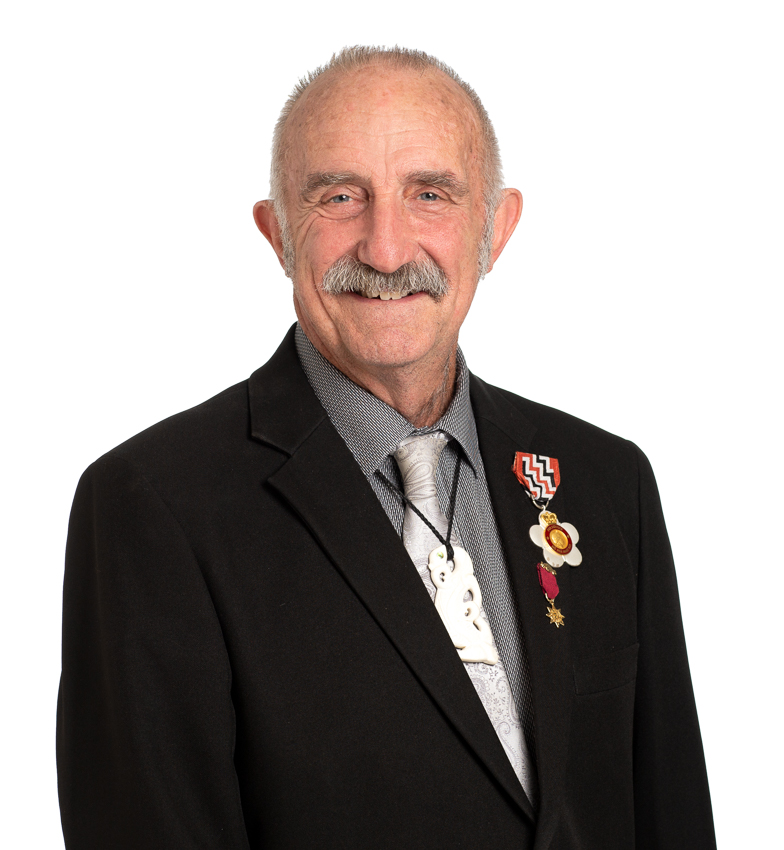Making Northland accessible for all
By Mayor John Carter
All of us can probably remember a time in our lives when everyday activities suddenly became difficult or even impossible to achieve. Maybe you were suffering from an injury and simply getting up some stairs became an almost insurmountable ordeal.

All of us can probably remember a time in our lives when everyday activities suddenly became difficult or even impossible to achieve. Maybe you were suffering from an injury and simply getting up some stairs became an almost insurmountable ordeal. Or perhaps you were helping an elderly relative and for the first time had to consider how they could get from place to place without help. Often it is only when our mobility is reduced that we recognise how important it is that our environment can be accessed easily.
There are simple ways to improve accessibility, like ensuring public buildings include wheelchair access or there are signs displayed that include braille. There are many other ways to make our world easier to negotiate, which is why we launched a survey last week along with other Northland councils seeking your feedback on how well – or how poorly – we are collectively doing in this area.
Responses received during our month-long survey will feed into a regional strategy being developed jointly by Northland councils. The proposed Te Tai Tokerau Regional Accessibility Strategy aims to make Northland a great place to work, live and play for everyone. Residents with disabilities will be a very important focus of the strategy, as will the high proportion of older people living in Northland. But achieving great accessibility means thinking about all residents. There are families with young children to consider, migrants new to our language and our way of doing things, children, and those with health conditions.
To help identify key accessibility issues, the Northland-wide survey will include questions on transport, access to public spaces, access to information services, and participation in community consultation and engagement. There will also be ample opportunity to provide your own comments. Responses to the survey, which ends on 11 December, will build a clearer picture of how well each council is working for people with access needs and help frame the issues to be addressed when the strategy is finalised.
With all councils working on this strategy together, our aim is to ensure consistency across all of Northland. You should expect to have similar levels of access to places, activities, services and information whether you are in the Far North, Kaipara or Whangarei.
Once we have your survey feedback, we will discuss the results with key disability and community organisations and then create a draft plan. We will then publicly consult on the draft. Once final changes have been incorporated, it will be put up for formal adoption by each of Northland’s councils.
You can take part in the survey online here, or collect a survey form from any Far North District Council service centre, library or i-SITE.
If you have ideas on how we can improve accessibility in the Far North, then I urge you to take a few minutes to complete the survey. Help us make Northland a great place to live for all our people.
Tags: News story

